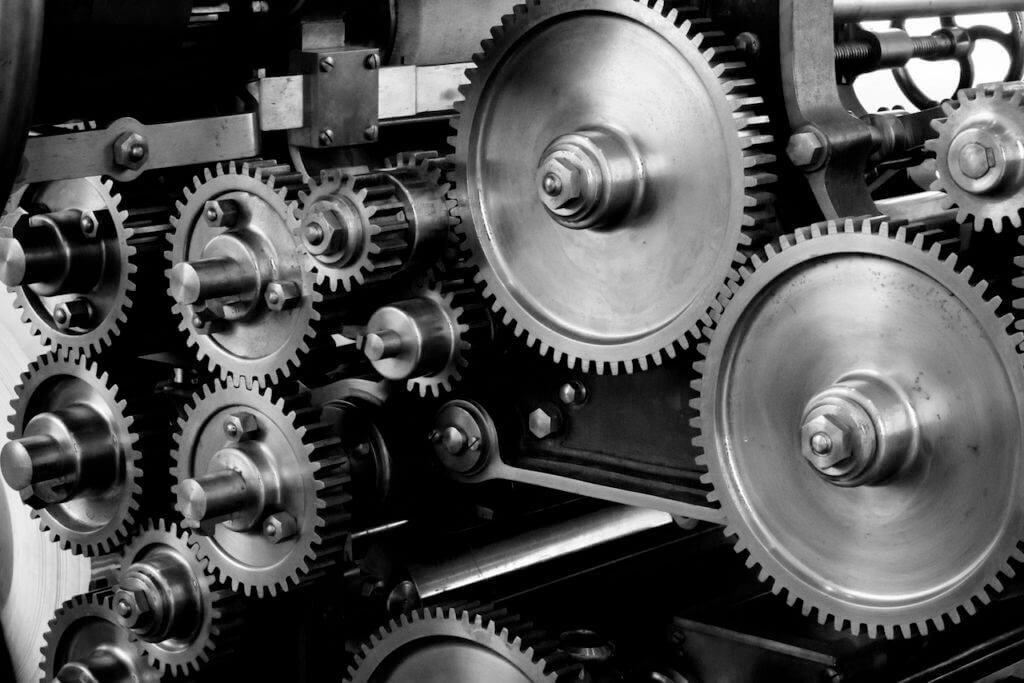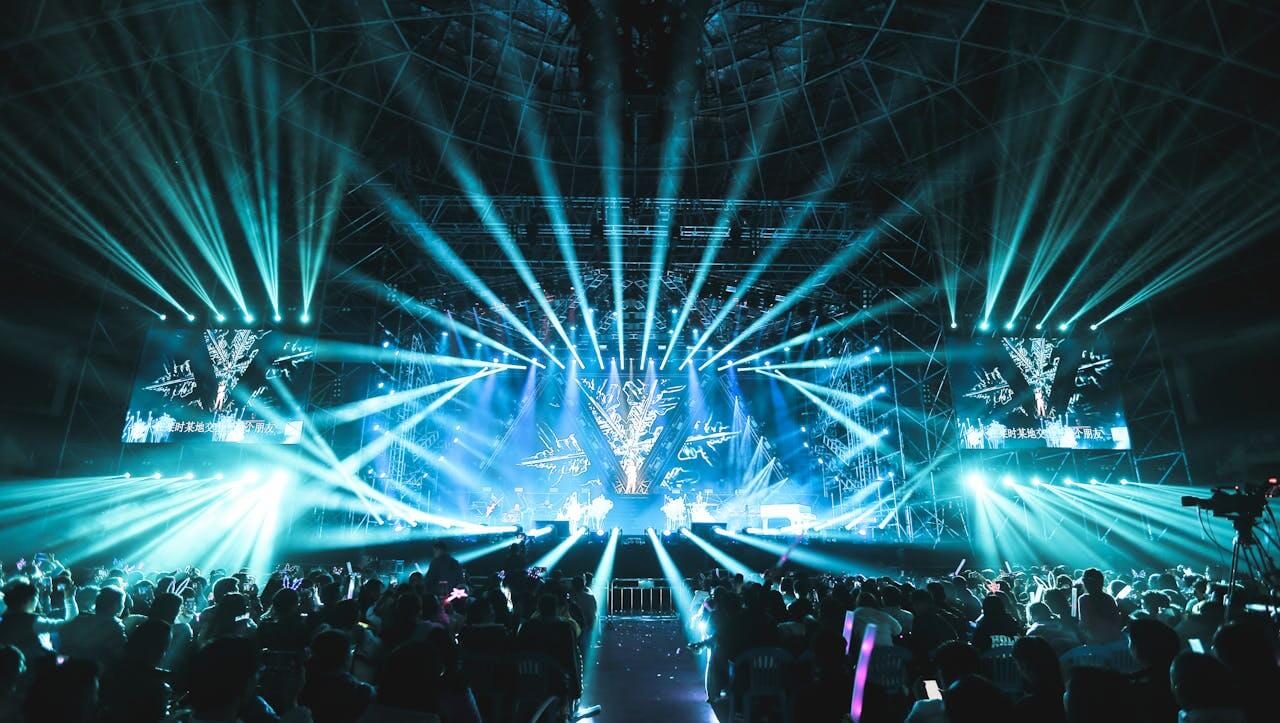
Traditionally, hospitality has been a conservative industry when it comes to technology given that the focus has always been on face-to-face service between staff and guest.
NB: This is an article from Roomdex
The central location for the majority of these interactions has been the front desk (or Front Office (FO) department). COVID-19, however, is changing all of this.
No one knows for sure what the new normal will look like but hotel stays are likely to be a stripped-down affair, particularly in higher-end hotels where personalized service and amenities have long been part of the draw. Step into any hotel lobby now and you’ll find aesthetics are taking a backseat – hand sanitizing stations placed every 50 to 100 feet, furniture removed to discourage congregating, social distancing signage displayed throughout, with floors marked to encourage one-way pedestrian flow between entrances and exits. To check in, there is a good chance you may avoid the front desk entirely.
While hotels, in a sweeping effort to boost confidence among wary travelers, have updated their cleanliness procedures during the past few weeks, overall occupancy remains low. Confronted with increasingly squeezed margins, the quest for greater efficiency and healthier revenue becomes ever more pressing. In times of crisis, the first reaction of many businesses is usually to adopt a short-term cash-optimization approach making swift adjustments to their operational and investment strategies. However, cutting expenses can have an adverse effect, creating an unsustainable workload and decreasing guest satisfaction. Alternatively, in spite of the unprecedented challenges presented by coronavirus, hoteliers should look to invest in technology such as automation, which can strengthen business and offer a direct added value to the hotel and their guests.
With coronavirus already resulting in the loss of employment for many within the hospitality industry, it does seem somewhat contradictory to invest in technology that could further eliminate jobs. However, automation does not necessarily equate to the loss of human roles or take authentic service away but rather, complements hotel operations. Automation takes over the repetitive, dull and time-consuming tasks that are such a drain on productivity and staff engagement, freeing up staff to focus on higher value and more fulfilling activities. Similarly, with social distancing likely to become part and parcel of daily life going forward, it is conceivable that there will be a consumer demand shift towards hotels and businesses that adapt to this new technology-driven standard.
For example, pre-COVID guests didn’t want to wait in queues when checking-in. When asked what makes a good hotel stay, 90% of millennials said they would be interested in checking-in in a hotel through their mobile phones and skip slow service and long check-in queues in hotel lobbies. Post COVID, this hasn’t changed much in – furthermore waiting in a line at check-in now is the very antithesis of social distancing! Smartphones and tablets have become an integral part of our lives and guests want to be self-reliant but with greater expectations of service and personalization. Automated check-in improves the lives of both staff and the guest. Guests have complete autonomy over their check-in allowing them to enter details and provide necessary information online, remotely and at any time prior to arrival, while front desk staff can utilize resources in other areas for greater operational efficiency.
Automation is also a way your guests can upgrade their stay. As demand for rooms is low, hotels will need to maximize the amount of money each guest spends in order to increase profitability. Proactively upselling can make a big impression on the bottom line, no matter the size of the property. As we know too well, many front desk agents skip the upgrade offer because they see it as an imposition rather than a value-add – there are just too many variables. Agents must learn to recognize and anticipate the needs of the guests as well as have the proper product knowledge to make an educated suggestion of a more comfortable room option – a tedious process, if not an almost impossible task resulting in, not surprisingly, a low success rate.
Conversely automated upselling results in a higher conversion rate. Guests are open to buying a more expensive product than they initially planned, as long as it represents good value, is convenient, and feels like it’s adding something relevant to their stay. Automated upselling supports the front desk by creating and sending highly targeted offers pre-arrival to guests and letting them decide. As Forbes Contributor Shep Hyken noted, “Can you imagine an accountant trying to do complicated tax work without the aid of a calculator? That’s how companies need to think of [automation]. It is an essential tool that will be, if it is not already, not simply a ‘nice to have,’ but a ‘must have’ technology”.
Another item in hotels that is largely manually and repetitive is room assignment. Depending on the hotel type and rooms available this is almost an impossible task to do, as it is constantly changing. It requires constant attention especially when guests have specific requests. Front desk agents can make assumptions that enable them to hone-in on subsets of requested room categories to find a match, but typically overbooking of some categories arises and fragmentation still occurs. There is no way for an agent to be fully aware of all pending reservation requests or guest requirements when making these decisions. In the end, specific features, amenities or room types requested by the guest won’t be fulfilled. Instead of spending hours manually pre-assigning while trying to figure out how to best balance the house, automating room-assignment will satisfy guest demands more accurately while better managing rooms to meet budget and forecast.
The bottom line of automation is, well, the bottom line. Automation doesn’t mean the removal of authentic service, but instead a way to focus operational management of the property in a better way by providing choice of service to guests. Automating repetitive laborious processes saves time and allows resources to be diverted elsewhere, letting your staff focus only on interactions where they add value. In a post-COVID world, automation means businesses can unlock more revenue potential, increase guest satisfaction, boost productivity, and remain more agile.




